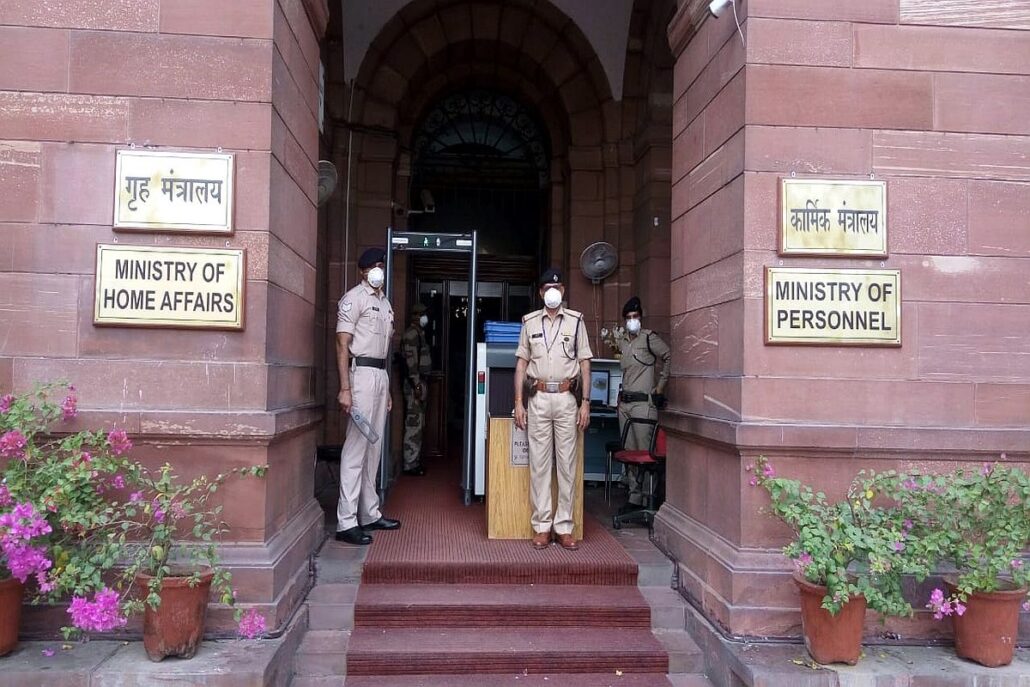
In a significant move, the Ministry of Home Affairs (MHA) has amended the rules governing Jammu and Kashmir, mandating that all proposals regarding the transfer of Administrative Secretaries and All India Services (AIS) officers be submitted to the Lieutenant Governor by the Chief Secretary.
The amendments to the Business of Jammu and Kashmir Rules, 2019, come amid speculation that assembly elections could be held in Jammu and Kashmir in September.
According to the new rules, proposals related to the transfer of Administrative Secretaries and AIS officers must be submitted to the Lieutenant Governor by the Administrative Secretary General Administration Department through the Chief Secretary. The MHA’s notification stipulates that matters involving police, public order, AIS, and the Anti-Corruption Bureau (ACB) require the Lieutenant Governor’s review for approval or rejection.
These changes enhance the Lieutenant Governor’s authority and reinforce the Chief Secretary’s role, making them central to the administrative process in the region. This consolidation of power will be especially important if an elected government, led by a Chief Minister, is established in the future.
Proposals for appointing the Advocate General and other Law Officers now need the Lieutenant Governor’s approval, routed through the Chief Secretary and the Chief Minister. The Department of Law, Justice, and Parliamentary Affairs must present these proposals for the Lieutenant Governor’s approval.
The Chief Secretary has also gained significant powers concerning financial matters. Proposals requiring the Finance Department’s concurrence, particularly those under the Lieutenant Governor’s discretionary powers, must be reviewed by the Lieutenant Governor through the Chief Secretary.
The amendments also state that any proposal regarding prosecution sanctions or appeals must be submitted by the Department of Law, Justice, and Parliamentary Affairs to the Lieutenant Governor via the Chief Secretary. Similarly, matters related to Prisons, the Directorate of Prosecution, and the Forensic Science Laboratory must follow this hierarchical route.
Overall, the MHA’s revisions to the Jammu and Kashmir Reorganization Act further strengthen the Lieutenant Governor’s authority. New sections added under Section 55 of the Act grant the Lieutenant Governor increased powers, including appointing the Advocate General and sanctioning prosecutions and appeals.
A new sub-rule (2A) has been inserted in rule 5 of the J&K Reorganization Act, stating that proposals requiring the Finance Department’s previous concurrence, especially related to ‘Police’, ‘Public Order’, ‘All India Service’, and ‘Anti Corruption Bureau’, must be placed before the Lieutenant Governor through the Chief Secretary.
Rules 42A and 42B have also been added, specifying that appointments of law officers, including the Advocate General, require the Lieutenant Governor’s approval. Proposals regarding the grant or refusal of prosecution sanctions must be submitted to the Lieutenant Governor by the Chief Secretary via the Law Department.
Since August 2020, Manoj Sinha has served as the Lieutenant Governor of Jammu and Kashmir. These amendments significantly expand his role and powers, ensuring that key administrative decisions are centralized through his office.
The MHA first notified the administration rules for Jammu and Kashmir on August 28, 2019, specifying the functions of the Lieutenant Governor and the Council of Ministers.




